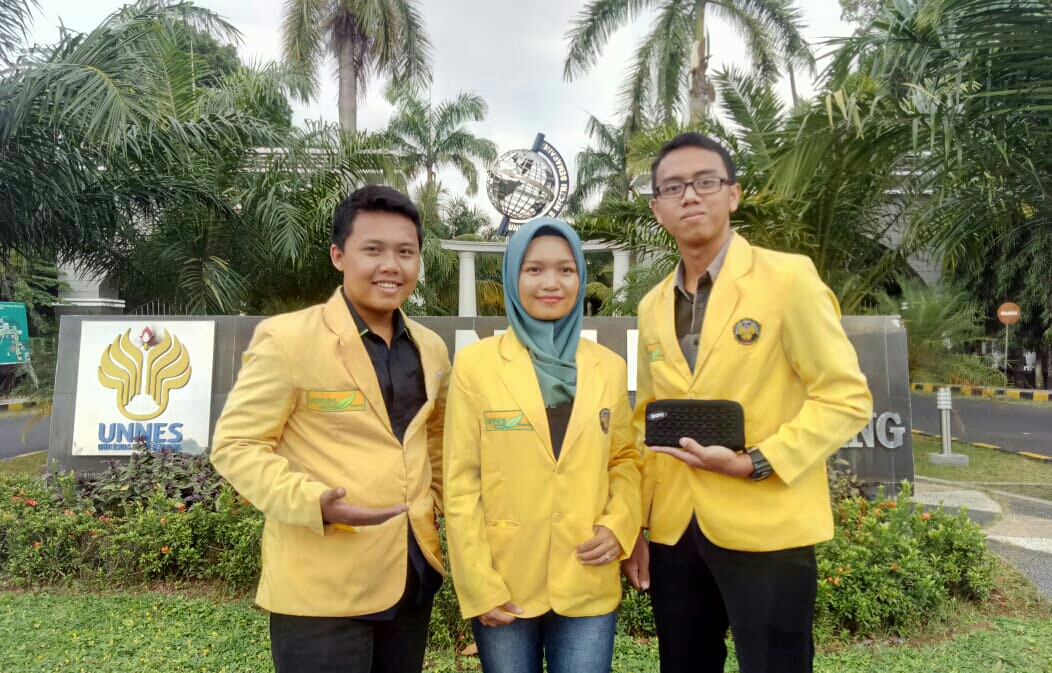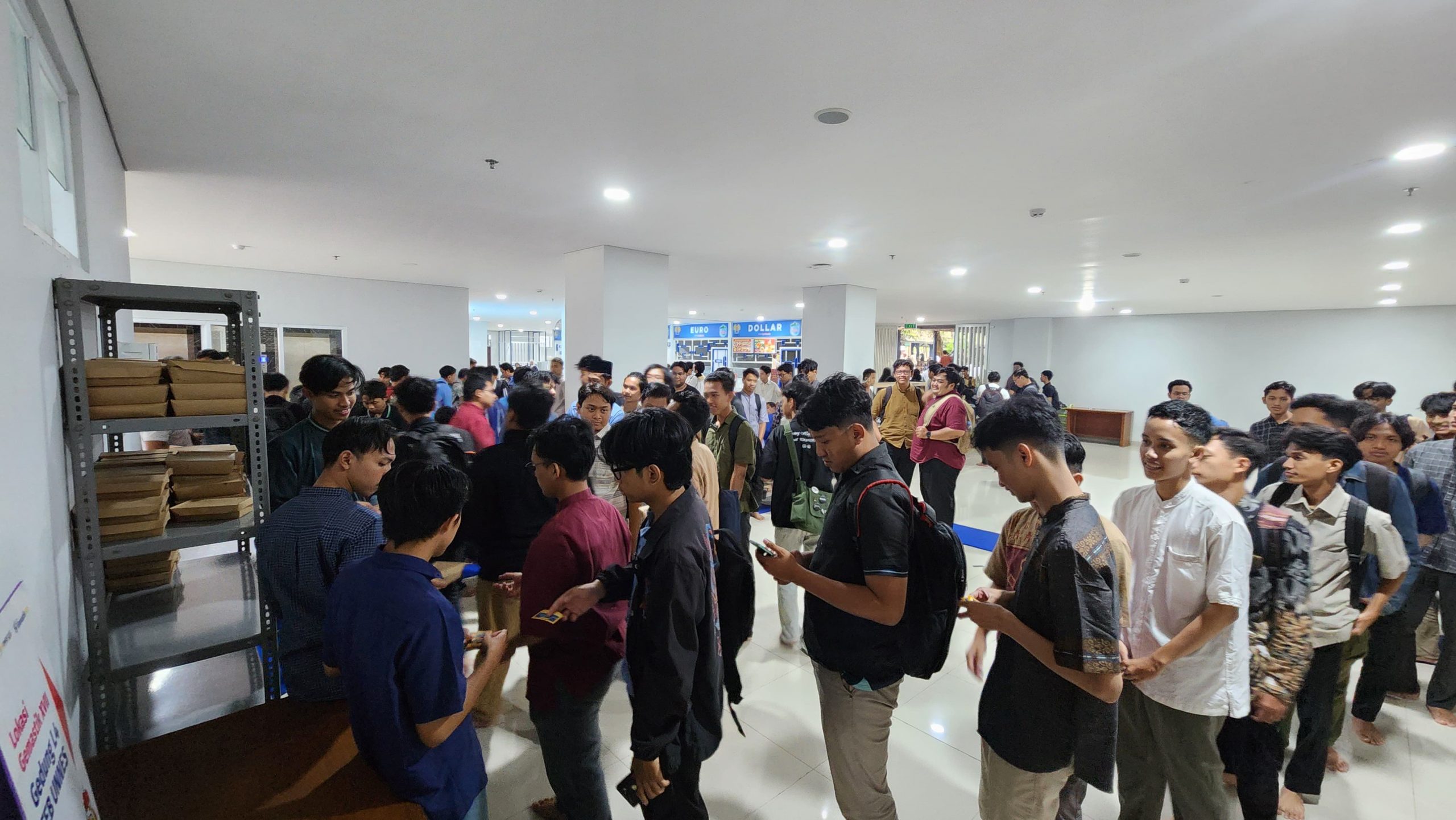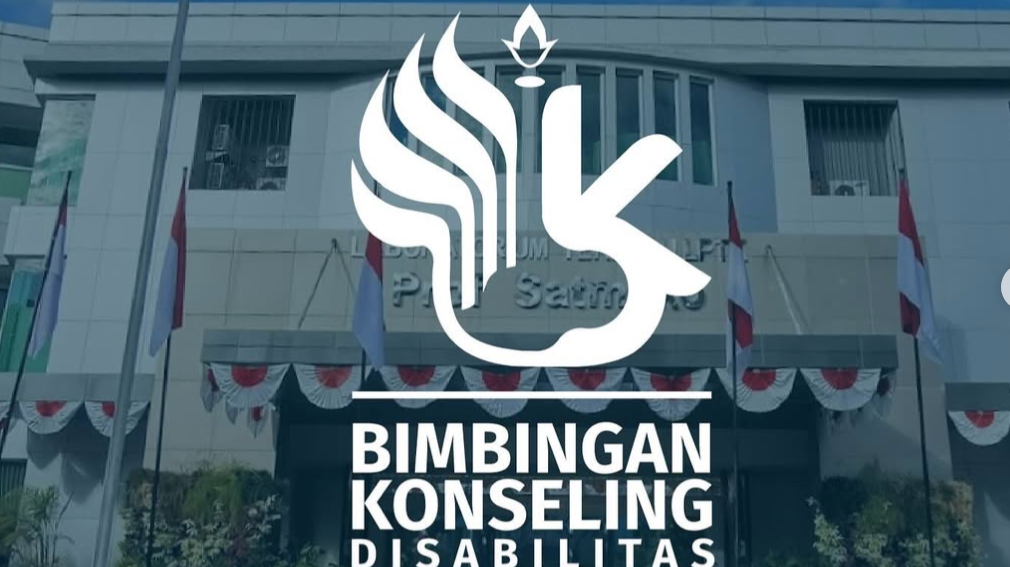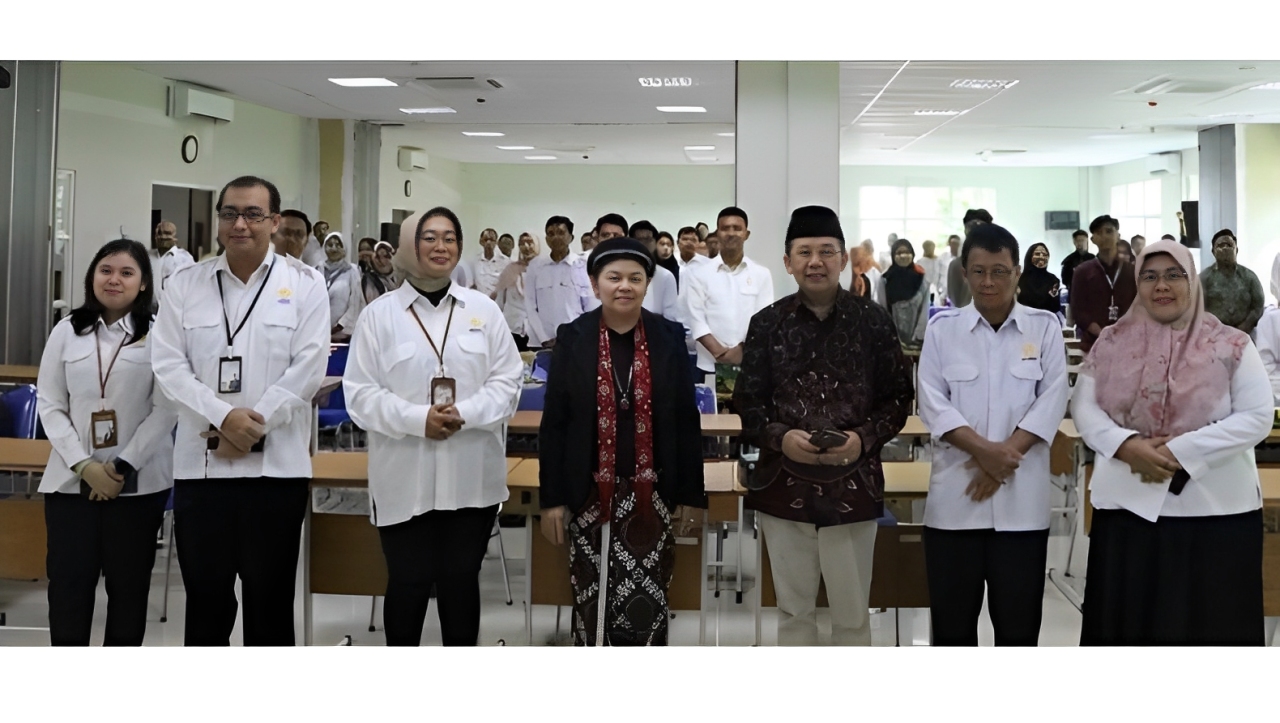Creativity and innovation are always present among students. Three students from Universitas Negeri Semarang (UNNES), consisting of Rizky Ajie Aprilianto, Oky Putra Pamungkas, and Nur Anita, have successfully developed a money detection wallet for visually impaired individuals.
Named IDOPU, short for Innovation of Money Detection Wallet, this device is driven by their concern for visually impaired friends who currently rely on blind codes on money to identify denominations.
Team Leader Ajie explained that the device was created using a microcontroller, two color sensors, a mini MP3 module player, and a combination of mini UV LEDs with a light sensor and RGB LEDs.
“Unlike many previously created money detection devices, IDOPU can not only identify the denomination of the money but also verify its authenticity using a combination of mini UV LEDs,” stated Ajie, an outstanding student from the Faculty of Engineering.
He added that the device is divided into two parts: the first functions as a typical wallet for holding money, and the second is for scanning. The money can be placed in the scanning section in four different positions to facilitate its use. Once the scanning process is complete, IDOPU emits sounds corresponding to the money denomination. However, an alert will immediately sound if the money is detected as counterfeit.
This innovative money detection wallet resulted from the Student Creativity Program in the Karsa Cipta category (PKM-KC), which received funding from the Ministry of Research, Technology, and Higher Education in 2018.
Another notable feature offered by IDOPU is the ability to charge smartphone batteries. Ajie and the team recognized that in the era of Industry 4.0, smartphones have become an integral part of life, including for many visually impaired individuals in Indonesia.
IDOPU received a positive response during testing at the Sahabat Mata Community Foundation in Semarang. “The creation of this innovative wallet is a manifestation of student concern for us (visually impaired individuals),” explained Basuki, the foundation’s leader. Basuki hopes that innovations aimed at supporting the visually impaired will continue and receive government attention so that they can benefit a broader audience in the future.




